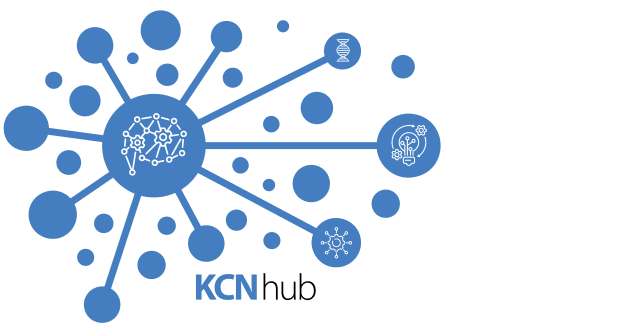NFRF 2023 Exploration
Title: From brains to biomass, and back: integrating theory and data from epilepsy, ecosystem collapse and biodiversity
Jeremie Lefebvre, Heather Kharouba
Summary
Complex biological networks, such as neural circuits of the brain and ecosystems, are remarkably resilient, preserving their functions in response to perturbations. Patterns of failure accompanying the loss of resilience for both systems - namely seizures or ecological collapses - have widespread consequences for human health and society yet are rarely predictable and seemingly inevitable. Avoiding such failures requires bridging a critical knowledge gap that links resilience to architectural motifs in complex networks, considering their variability in structure and scale. Here, exciting common design features between these two biological networks, such as functional dependencies on diversity, have the potential to advance knowledge in each discipline. Indeed, echoing the established link between ecosystem resilience and biodiversity, our team has recently identified a decline in diversity amongst neurons in brain areas prone to seizures: this suggests that predisposition to seizures is characterized by a progressive decline of the brain’s functional resilience precipitated by diversity loss. These results represent an opportunity to leverage extensive open access neural data combined with modern extensions of ecological theory to determine how diversity supports the resilience of biological function across scales.
Our long-term goal is the identification of common intervention strategies in both systems to improve our ability to prevent instability due to diversity loss. To identify shared motifs vulnerable to failure and extract common architectural features linking diversity and resilience in brain circuits, we will integrate data and theory from ecosystem ecology and neuroscience and implement a hypothesis-testing computational pipeline. Understanding how brain circuits gain resilience from diversity is a paradigm-shifting idea that may transform the way we treat neurological disorders. By leveraging direct measures of network topology and response traits from neural data– a feat that is impossible at ecological scales—we will also rigorously test key hypotheses in ecosystem ecology such as the relative importance of maintaining stability in ecosystem structure vs. function in providing resilience to environmental change. This novel approach will uncover the generality of these mechanisms across scales, and may help to inform functional targets for habitat restoration, a critical conservation strategy in the Anthropocene.
